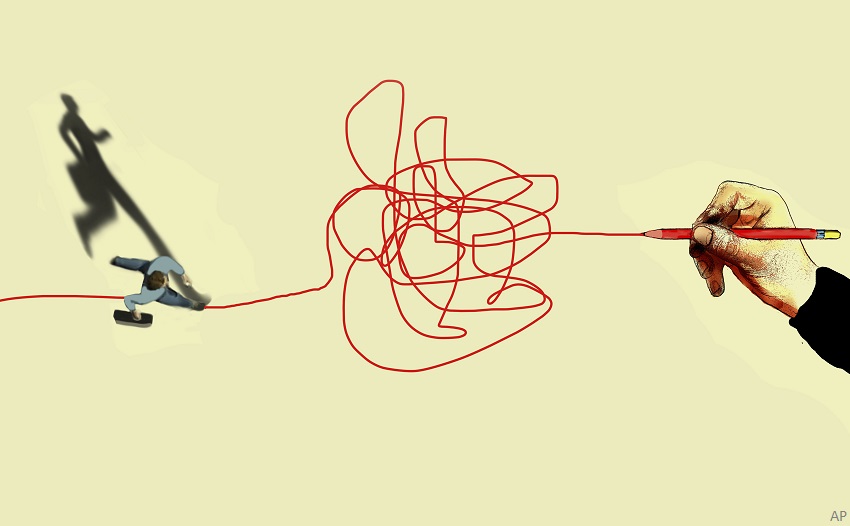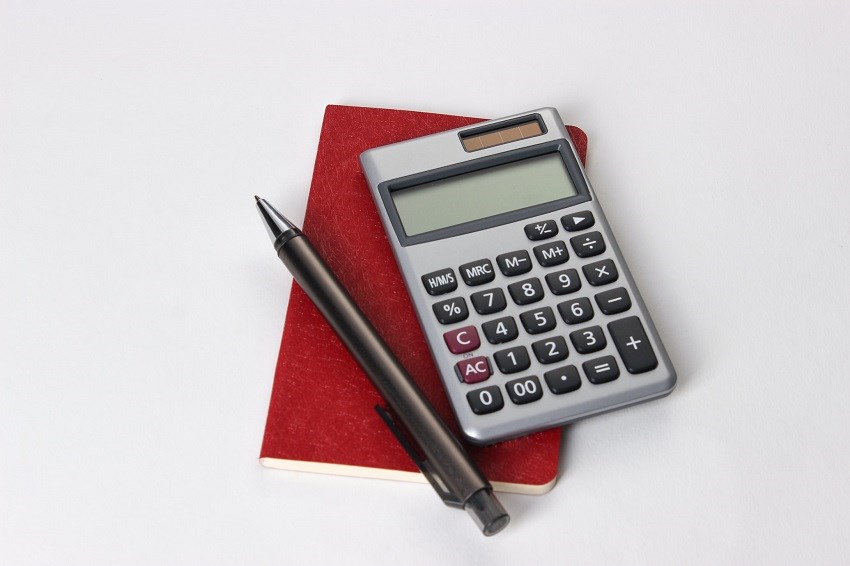
There comes a point in your life when you have to consider appointing someone as a beneficiary on your RRSP accounts. Most people instinctively and without much thought name a loved one, a spouse or a family member – but that could be the wrong move.
There are situations where it may be more prudent to designate an estate, instead of an individual, as the beneficiary. Some factors, if ignored, can lead to significant erosion of wealth, including circumstances where it may not reach the intended beneficiary at all.
Due to the overly simplistic nature of beneficiary designation, when an account holder names a person as a beneficiary, their assets are going to just that one person, and may not be divided according to their will.
The following are some of the reasons why it makes more sense to designate your estate as the beneficiary.
Big Families, Big Complications
A direct beneficiary designation is a big decision, which in specific situations won’t be appropriate. One such situation is a large family with multiple children. It may seem like a sound idea to name all your kids as beneficiaries on your registered accounts. The reasoning is that if a child predeceases you, their share will automatically pass on to their kids – your grandkids. The fact is, that’s not the case.
Instead, the share of the deceased child will be redistributed among the surviving heirs, leaving the deceased child’s family with nothing. At best, this could breed resentment. At worst, this could trigger a bitter court battle, especially if there is significant wealth locked in your registered account.
Minor Concern Becomes Major
Beneficiary designation in favour of minors and young adults is also not recommended. When you leave your assets to minor children, you assume the children will be grown by the time you pass away.
However, a benefactor’s untimely death could lead to a young beneficiary receiving a lump sum of money they are not ready to handle.
The usual assumption is that the money will be held in trust till they’re 30 years of age, as would be laid out in the will. However, funds are not going to be paid out as per the will if you’ve designated a five-year-old child as the beneficiary to be paid directly. And funds could be paid over to provincial authorities to manage until the child reaches the age of majority.
Blended Families
With second marriages seeming more commonplace, the number of blended families these days -- involving a new spouse, multiple kids, and kids from previous relationships – should be on the rise. This is another instance where beneficiary designation could lead to unintended consequences down the road.
Designating your new spouse as a beneficiary may not seem like a big deal. However, if you’re in a blended family, you may not want all of your funds just to go to your new spouse. Things can get complicated when you pass away because your assets will flow to your new partner and not your children from your first marriage.
If your new spouse passes, those assets could go to their family, leaving nothing for your kids from your previous relationship.
Tricky Tax
Add the wrinkle of tax consequences to the equation and things can get quite tricky. When an RRSP holder passes away, any money that’s inside the account gets taxed. The troublesome issue with RRSPs is that the estate is going to get the tax receipts no matter who the assets are payable to.
The gross amount usually goes to the beneficiary whereas the tax liability goes to the estate. Although there are circumstances where that tax liability can be shifted to the beneficiary, it’s not so in every case.
That’s when things go pear-shaped because money has gone in one direction and the tax liability has gone in another. That can make things really unfair – so you might want to leave it to the estate if you think that could complicate distributions.
Consider Credit Exposure
Finally, there is the issue of credit exposure to consider. As a benefactor, you wouldn’t want all your assets going to members of your family who are not good with money.
If a family member has debt issues, it would be counterintuitive to designate them as a direct beneficiary. One way to get around that situation is to designate the estate as the beneficiary of the plan, and then leave the funds to the beneficiary through a trust, as opposed to being passed directly to the beneficiary. This is one way to put the money out of the reach of the beneficiary’s creditors.
Designate the Estate
Another way to help make sure your funds end up in the right hand: update your will. In the absence of a will, your family could end up in court for a legal settlement.
The decision of beneficiary designation must be weighed carefully and should be consistent with the rest of the estate plan, so one doesn’t cancel out the other.
Under many circumstances, it’s more advisable to appoint the estate as the beneficiary. All you have to do is put down the word “estate” in the beneficiary section while filling out your RRSP paperwork.




















